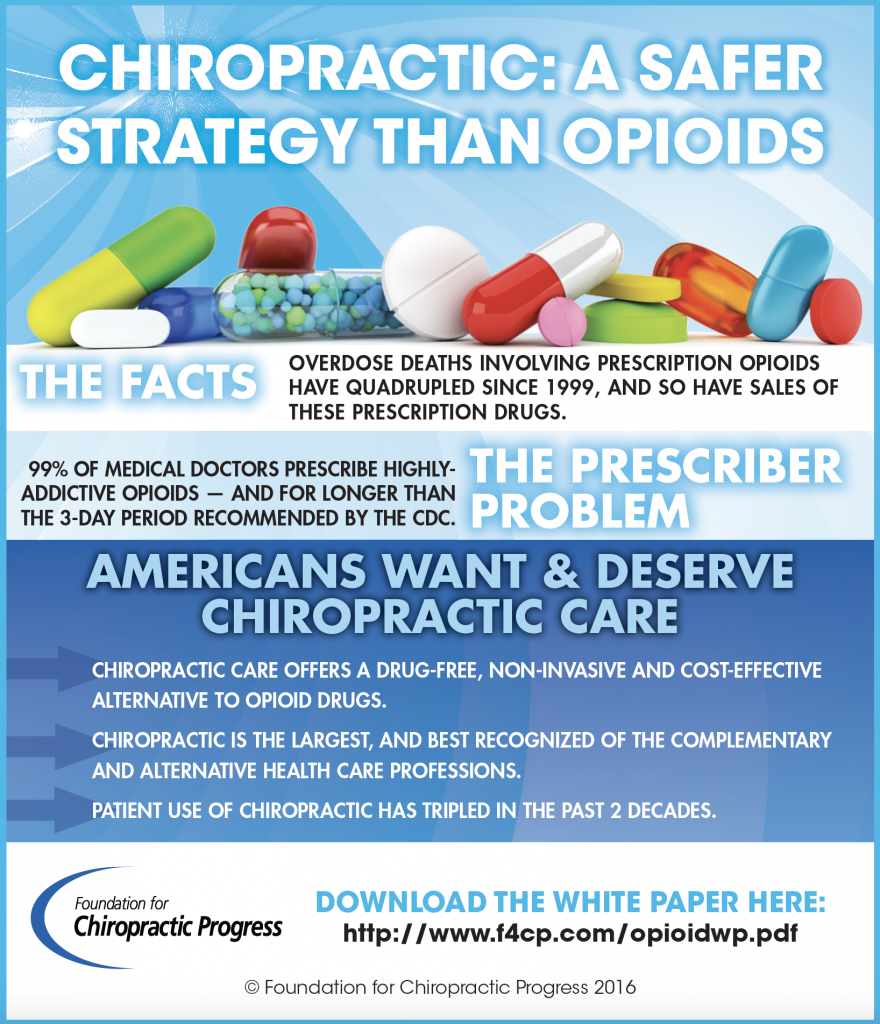The Role Of Nourishment In Pain In The Back Administration: Foods To Consume And Avoid
The Role Of Nourishment In Pain In The Back Administration: Foods To Consume And Avoid
Blog Article
Staff Author-Locklear Lockhart
When it involves handling your pain in the back, the food options you make can dramatically influence how you really feel daily. Think of being able to ease your discomfort merely by adjusting what you consume. By understanding the function of nourishment in pain in the back monitoring and understanding which foods to include or stay away from, you can take proactive steps towards a healthier and much more comfortable way of living. The link between nourishment and back health and wellness is extra profound than you may realize-- allow's check out exactly how specific foods can either soothe or worsen your back pain.
Relevance of Nutrition in Back Pain
Nutrition plays a crucial function in handling pain in the back. Your diet regimen can substantially affect swelling degrees and general discomfort degrees in your back. Eating a well balanced diet rich in nutrients like vitamins D and K, calcium, magnesium, and omega-3 fatty acids can help reduce swelling and strengthen bones, which are essential for back health.
Additionally, preserving a healthy and balanced weight with proper nutrition can minimize stress and anxiety on your spinal column, reducing the danger of pain in the back.
Moreover, certain nutrients like antioxidants located in fruits and vegetables can help fight oxidative stress and advertise healing in the body, including the back muscle mass and spinal column.
On the other hand, eating extreme amounts of refined foods, sugary beverages, and harmful fats can add to swelling and weight gain, exacerbating pain in the back.
Foods to Eat for Back Wellness
To support a healthy back, including nutrient-rich foods into your day-to-day meals is vital. Including foods high in anti-oxidants like berries, spinach, and kale can help reduce swelling in your back, reducing pain and pain. Omega-3 fatty acids discovered in fatty fish such as salmon and mackerel have anti-inflammatory buildings that can benefit your back wellness.
Additionally, eating nuts and seeds like almonds, walnuts, and chia seeds provides necessary nutrients like magnesium and vitamin E, which support muscle mass function and lower oxidative stress and anxiety. Incorporating lean healthy proteins such as chicken, turkey, and tofu can help in muscular tissue repair service and upkeep, promoting a solid back.
https://goodchiropractornearme49382.blogproducer.com/37875854/benefits-of-chiropractic-therapy-for-expectant-ladies-aiding-pregnancy-and-postnatal-recovery forget to consist of dairy or fortified plant-based alternatives for calcium to sustain bone health. Last but not least, moisturize with lots of water to maintain your spine discs hydrated and functioning efficiently. By including these nutrient-dense foods in your diet plan, you can nurture your back and assistance overall spinal health.
Foods to Prevent for Back Pain
Opt for avoiding refined foods high in added sugars and trans fats when looking for relief from pain in the back. These types of foods can add to inflammation in the body, which might exacerbate neck and back pain. Say no to sugary snacks sweet, breads, and sugary beverages, along with junk food products like burgers, french fries, and fried hen that are often filled with trans fats.
Additionally, avoid foods having high levels of refined carbohydrates, such as white bread, pasta, and pastries, as they can spike blood glucose levels and potentially get worse swelling in the body.
https://health.usnews.com/wellness/articles/chiropractic-care-during-pregnancy-is-it-safe 's also smart to limit your intake of foods high in saturated fats, like red meat and full-fat dairy products, as they can add to inflammation. Processed foods like delicatessens meats, chips, and packaged treats are typically high in saturated fats and need to be consumed in small amounts.
Final thought
Finally, focusing on your diet plan and making clever food selections can have a substantial influence on managing neck and back pain. By incorporating nutrient-rich foods like berries, fatty fish, nuts, and lean healthy proteins, and preventing processed and sugary things, you can help in reducing swelling and support in general back health. Keep in mind, what you eat plays a vital function in exactly how you feel, so ensure to prioritize your nutrition for a much healthier back.
